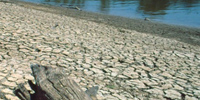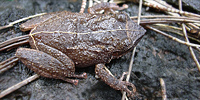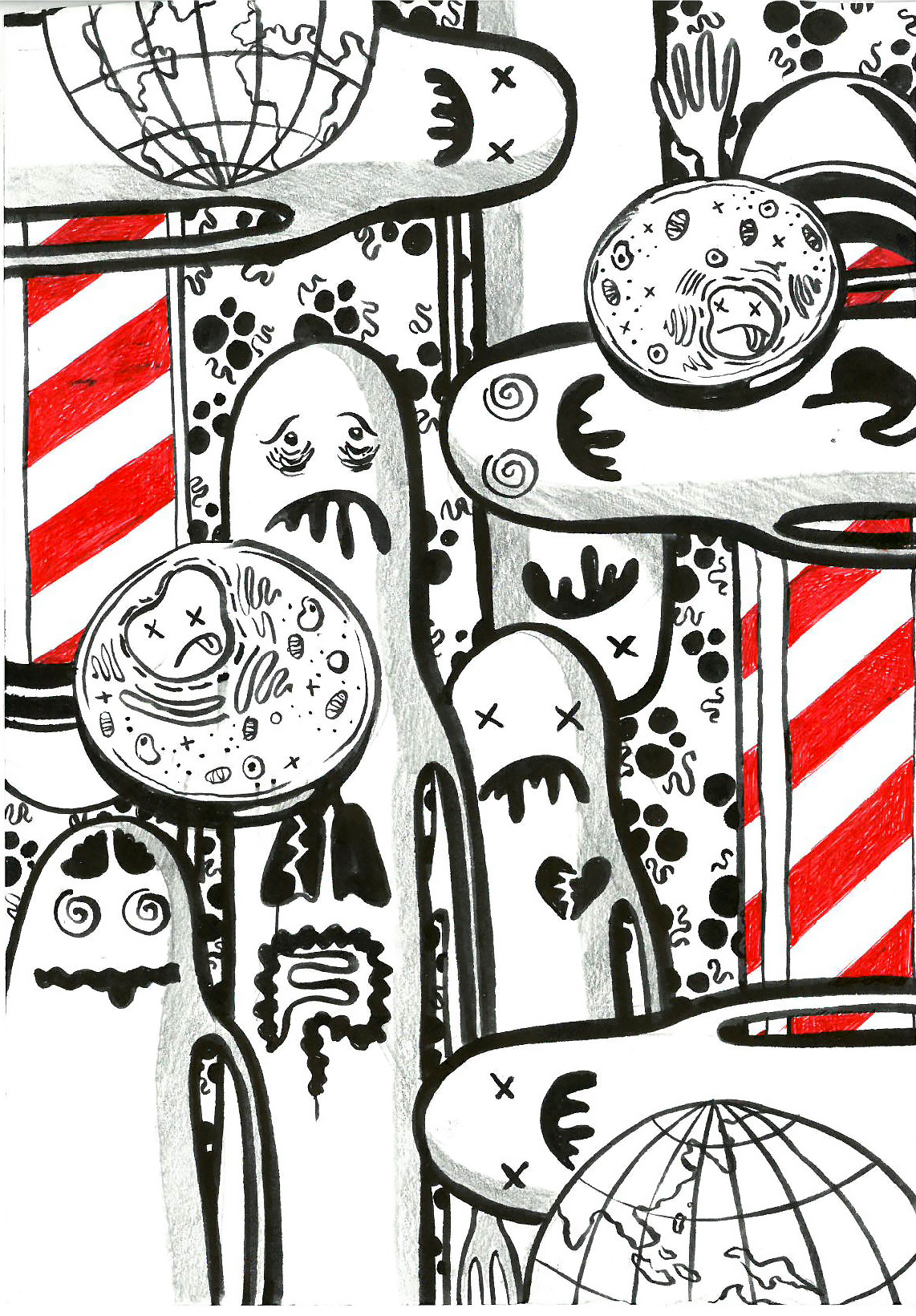The Bad
Parasites in our current climate
When people hear the word ‘parasite’ it generally comes with a negative connotation. At the start of 2020, Australia was facing the beginning of what would be the most devastating fire season in recorded history. The fire that burnt through the south east coast started when a group of students and lecturers from the ANU were studying ‘what the world would be like without parasites’ in the undergraduate course ‘Appreciating Parasites’. Now we are facing a global pandemic, from a virus that was able to spread because of many of the same reasons that are outlined in the blog post leading on from this introduction. Population density, warming weather, drought, are all things that we may dissociate from parasites but in reality, they are impacted by these stressors, and we are, in turn, by them. Parasites often get such negative opinions because of malaria, Lyme disease, and the general idea of ‘being reliant on another’ for life. Yet often it is humans that have invaded the sphere of the parasite, we have created a warmer climate and they are responding. Humans have a tendency to blame others if things ‘go South’ but we must take responsibility and learn to deal with the consequences.
 Blog post: Parasites have a crucial role in the earth’s ecosystem, and are often left out of the climate change conversation. Read more about Margot Schneider's thoughts on Parasitic disease spread in a world of anthropogenic climate change.
Blog post: Parasites have a crucial role in the earth’s ecosystem, and are often left out of the climate change conversation. Read more about Margot Schneider's thoughts on Parasitic disease spread in a world of anthropogenic climate change.Parasites and invasive species
Climate change consequences are beyond what one can imagine. Deregulating global temperatures, air and marine stream, and population dynamics have serious consequences on human societies. One of them being invasive species. Changes in ecosystems lead to fluctuations in organism movements. Where rougher climate conditions settle down, populations shift locations seeking to dwell in places with their physiological optimum, often traduced by vertical movements in latitudes. This phenomenon boosts invasive species proliferation which undoubtedly creates an imbalance in ecosystems. This rupture in the ecosystem is partially resulting from decreasing parasite populations in the new invasive species. In fact, where parasites were once able to regulate native populations of that animal, they seem to struggle in regulating the same species that has become invasive in another location.
 Blog post: What role do parasites actually play in regulating and stabilising populations, such as those of invasive species? Torchin et al. 2003 is discussed by Jeremy Debrulle in If only invasive species were taking their parasites in their luggage.
Blog post: What role do parasites actually play in regulating and stabilising populations, such as those of invasive species? Torchin et al. 2003 is discussed by Jeremy Debrulle in If only invasive species were taking their parasites in their luggage. Parasites and host behaviour
What if blaming yourself for the mistakes you’ve made throughout your life wasn’t necessary? Indeed, what if those wrong decisions were not up to you, but up to a parasite comfortably thriving in your brain, manipulating your nervous system and your emotions? This sounds like it could be taken out of a horror movie, doesn’t it? Well, studies have shown that some parasites can control their hosts, manipulating their behaviour often to the benefit of the parasites. Some parasites inhabit the nervous system, manipulating the decision making processes of their host, whereas other parasites dysregulate the hormonal integrity of the host. All these manipulative techniques, whether they are straightforward or sophisticated, exist for one reason: to ensure the parasite’s best chances of survival and reproduction.
 Blog post: Can parasites can control their hosts, manipulating their behaviour? Jeremy Debrulle explores this topic in Truth or Myth: Toxoplasma as a behavioural disturber.
Blog post: Can parasites can control their hosts, manipulating their behaviour? Jeremy Debrulle explores this topic in Truth or Myth: Toxoplasma as a behavioural disturber. References:
Adlard, R.D., T.L. Miller, and N.J. Smit, The butterfly effect: parasite diversity, environment, and emerging disease in aquatic wildlife. Trends in Parasitology, 2014. 31(4): p. 160-166.
Altizer, S., et al., Food for contagion: synthesis and future directions for studying host–parasite responses to resource shifts in anthropogenic environments. Philosophical Transactions. Biological Sciences, 2018. 373(1745): p. 20170102.
Collins, W.E. and G.M. Jeffery, Plasmodium malariae: Parasite and disease. Clinical Microbiology Reviews, 2007. 20(4): p. 579-592.
Gubler, D.J., Resurgent vector-borne diseases as a global health problem. Emerging Infectious Diseases, 1998. 4(3): p. 442-450.
McKenna, M.L., et al., Human intestinal parasite burden and poor sanitation in rural Alabama. The American Journal of Tropical Medicine and Hygiene, 2017. 97(5): p. 1623-1628.
Paterson, S. and S.B. Piertney, Frontiers in host–parasite ecology and evolution. Molecular Ecology, 2011. 20(5): p. 869-871.
Wolinska, J. and K.C. King, Environment can alter selection in host–parasite interactions. Trends in Parasitology, 2009. 25(5): p. 236-244.





